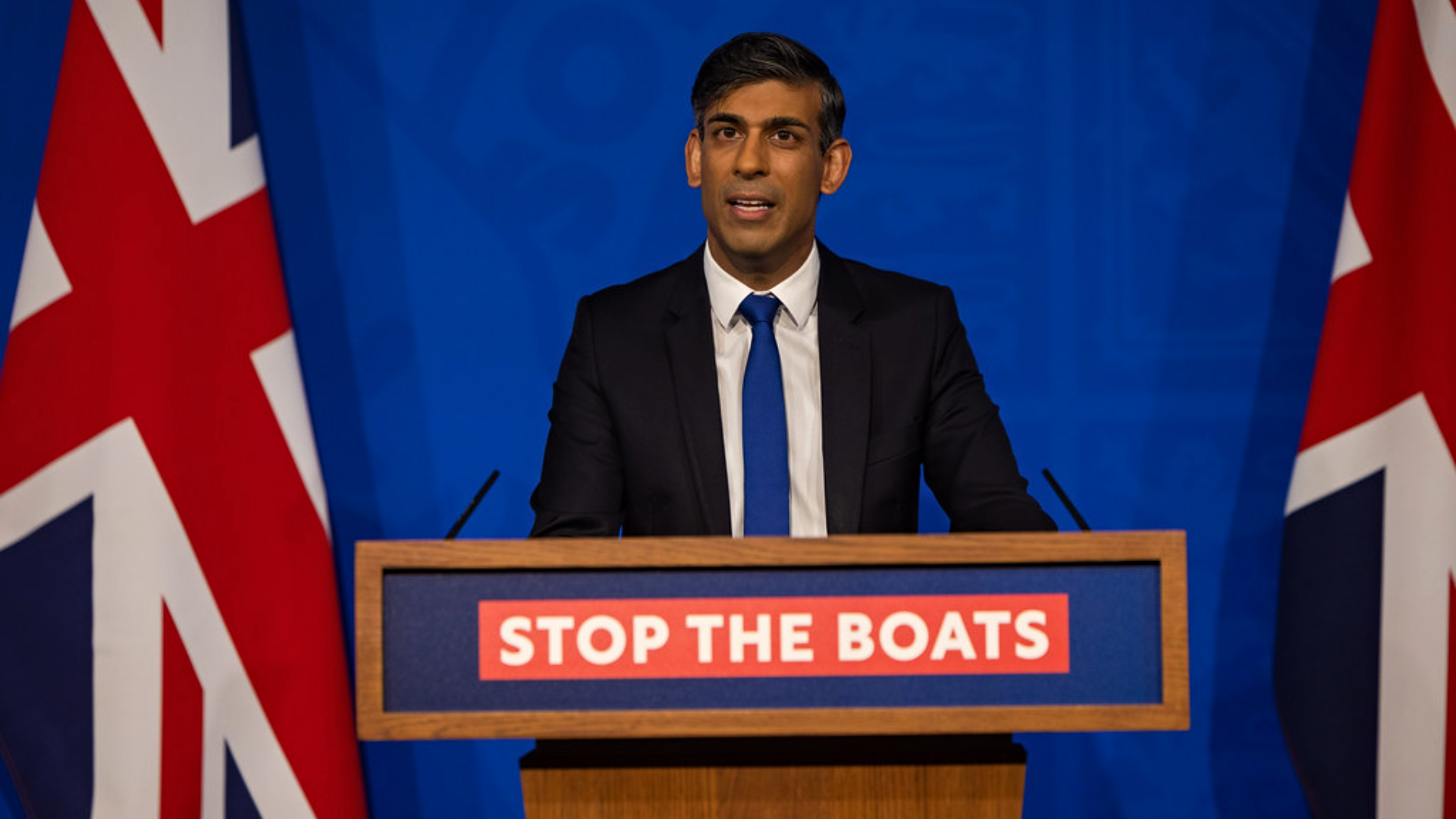In recent years, the global asylum landscape has been influenced by numerous treaties and agreements aimed at addressing challenges posed by forced migration. The Rwanda-UK Asylum Treaty stands out as a subject of significant debate and scrutiny.
Asylum seekers’ rights, the human rights situation in Rwanda, and the broader implications of the Rwanda-UK agreement have become focal points of discussion within international circles. The treaty, signed last month, has been touted by its proponents as a pioneering effort to establish a cooperative framework for managing asylum seekers.
Under this agreement, the United Kingdom has committed to sending asylum seekers to Rwanda for processing before a final decision is made on their status. The rationale behind this move is to alleviate the burden on the UK’s asylum system and expedite the processing of claims.
Critics argue that outsourcing asylum processing to a third country raises serious concerns about the protection of asylum seekers’ rights. The move has been met with skepticism by human rights advocates who fear that it may compromise the due process and legal safeguards afforded to those seeking refuge.
The lack of transparency in the agreement’s details further exacerbates these concerns, leaving many questions about the treatment of this vulnerable population unanswered.
Central to the debate surrounding the Rwanda-UK Asylum Treaty is the human rights situation in Rwanda. The Rwandan government has faced scrutiny in the past for alleged abuses of autonomy, restrictions on freedom of expression, and political repression.
Critics argue that entrusting asylum processing to a country with a questionable track record raises ethical and legal dilemmas, as it may expose would-be migrants to potential harm.




















